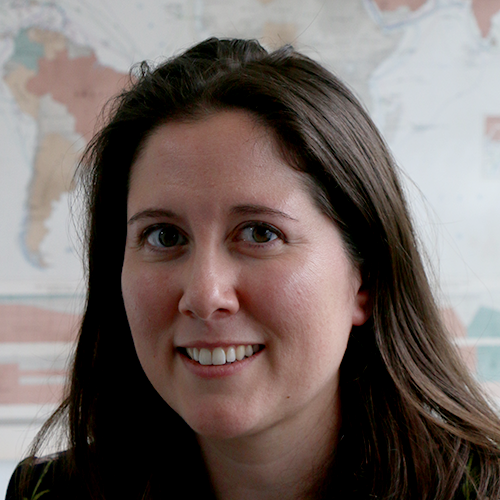It’s a good week to celebrate math and science.

Jayne Miller is TeleGeography's Director of Operations. She has over a decade of experience as a writer, editor, and creative strategist.
The WAN Summit Singapore brought together a diverse group of players from the enterprise WAN space September 20-21, 2016.
Buyers and providers of enterprise network services dove into case studies, panel discussions, and roundtable conversations, sharing ideas and addressing some of the biggest issues facing those working in international enterprise networks.
This week was big. We put another WAN Summit in the books, taking the show to Singapore for the first time ever.
What does the Internet look like? Perhaps you’ve heard it described as a veritable network of networks.
While this is true, as TeleGeography’s Senior Analyst Paul Brodsky explains, no single network is big enough to connect every single person and every single computer. So the question remains: how are we really staying connected?
After a successful three-year run in New York and London, next week the TeleGeography team heads to Singapore for the first-ever WAN Summit Singapore.
If you’re like us, you’ve saved the best stuff on the Internet for some lazy weekend reading. Our team has four suggestions for telecoms pieces that'll make your morning coffee and your reading queue a little more interesting.
Content network operators account for a growing portion of bandwidth on global routes.
Perhaps by now you’ve read what companies like Google, Microsoft, and Facebook are doing about it: they’re taking primary ownership shares of transoceanic systems, joining consortia, and taking major stakes in carrier-owned cables.
If you've ever seen that little buffer symbol on your laptop screen as you wait for a movie to load, you know what digital traffic jams feel like.
Copyright © 2025 TeleGeography.